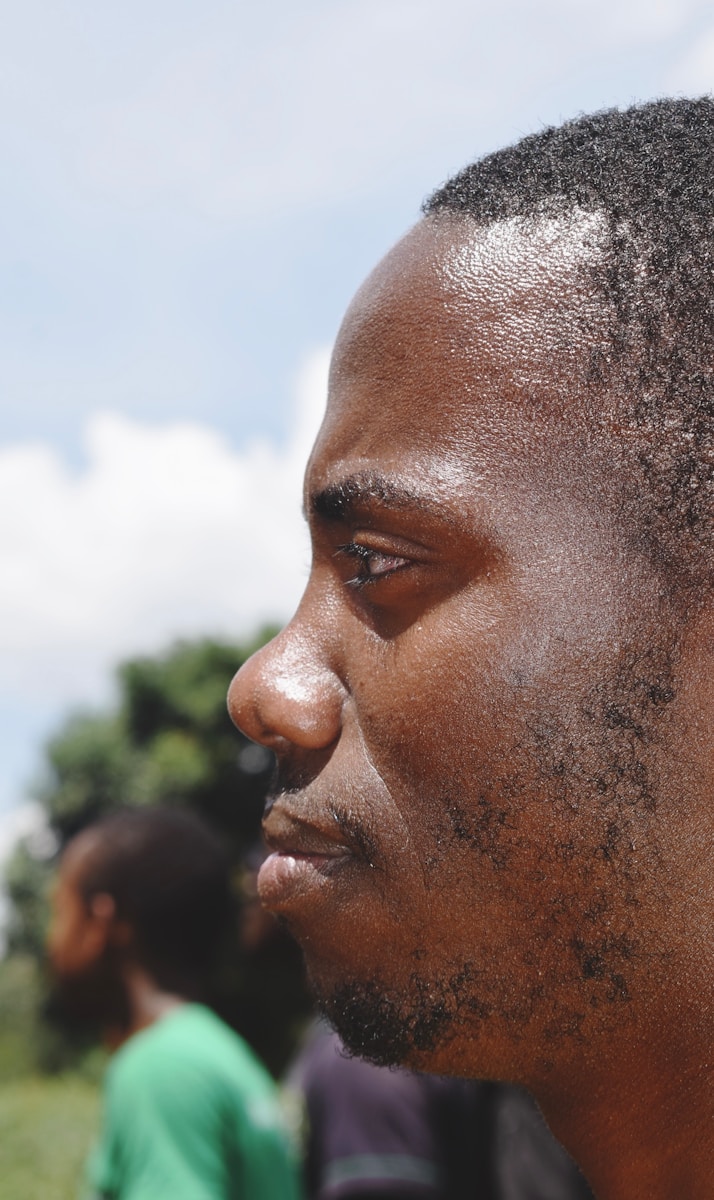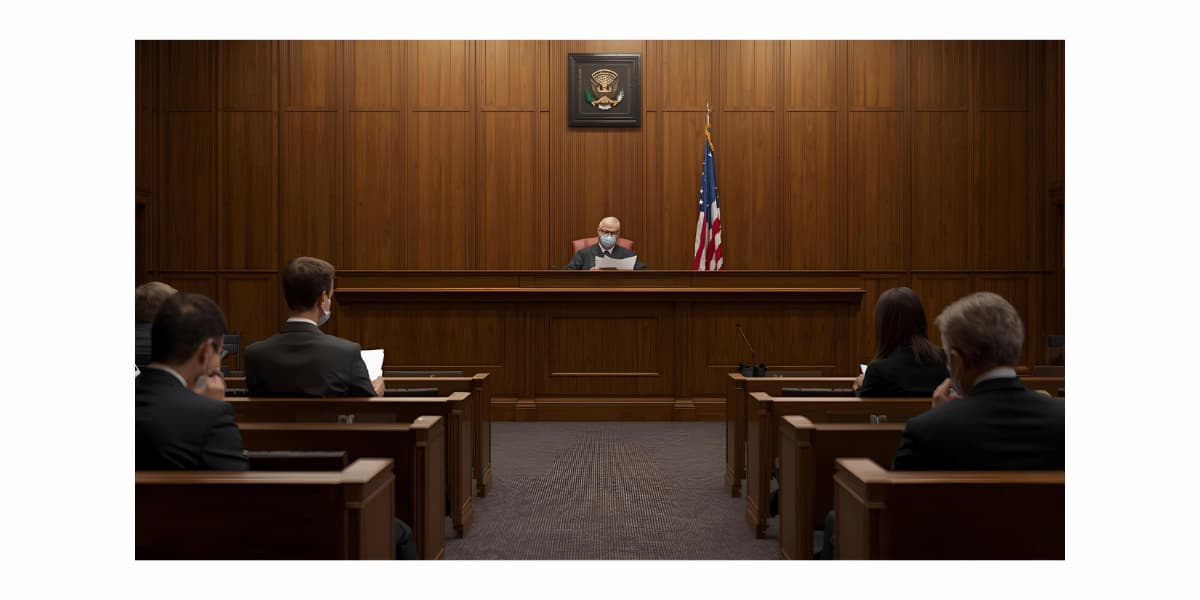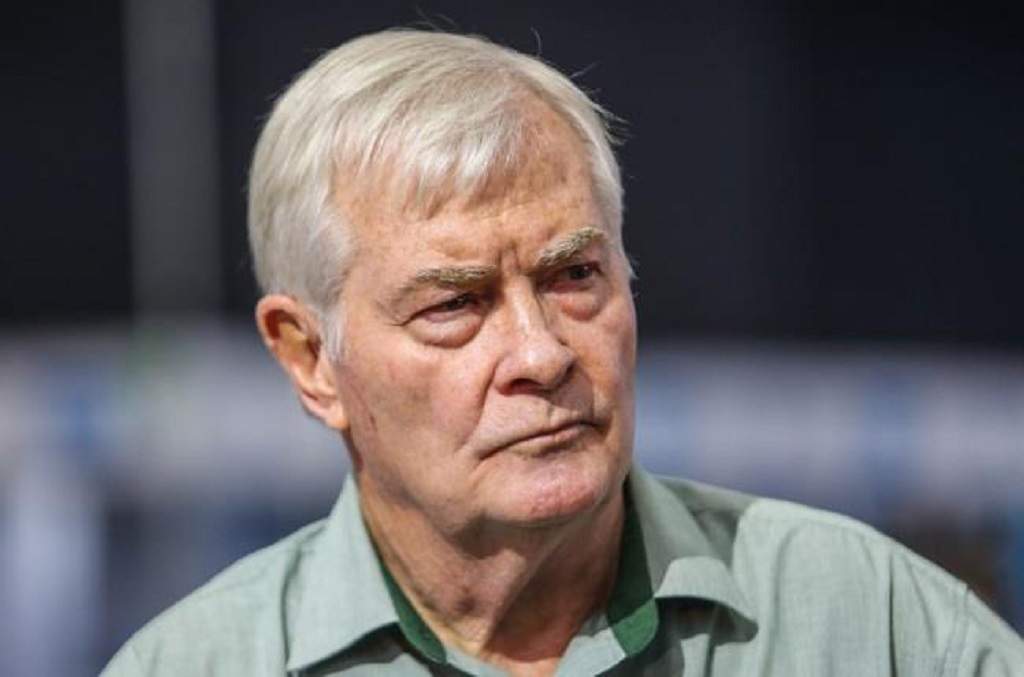Malema Mkhwanazi Testimony: The political landscape in South Africa is currently being shaped by a legal battle that involves Julius Malema, the leader of the Economic Freedom Fighters (EFF), and Nhlanhla Mkhwanazi, a key political figure. Malema is fighting for Mkhwanazi to testify before the Ad Hoc Committee, a crucial step in addressing corruption within the government. This battle over Malema Mkhwanazi testimony has stirred up significant public interest, with Malema positioning himself as a defender of justice and transparency in the South African political scene.
Understanding the Legal Battle: Why Is Malema Pushing for Mkhwanazi’s Testimony?
Julius Malema has long been a vocal critic of corruption within South Africa’s political system. His latest move, demanding that Nhlanhla Mkhwanazi appear before the Ad Hoc Committee, is part of his broader efforts to ensure that political leaders are held accountable for their actions. The significance of this legal struggle, centered around the Malema Mkhwanazi testimony, cannot be overstated, it is about setting a precedent for transparency and ensuring that powerful figures cannot evade scrutiny. Malema believes that Mkhwanazi’s testimony is crucial in exposing corruption and restoring public trust in the government.
The Political Implications of Malema’s Legal Strategy
Malema’s legal efforts regarding Mkhwanazi’s testimony are not just about this case; they reflect his larger political strategy. By calling for Mkhwanazi’s testimony, Malema is sending a strong message to the public and political elites alike: no one is above the law. His push for greater accountability through Mkhwanazi’s testimony is consistent with his long-standing criticism of the government’s lack of transparency. If Malema succeeds in compelling Mkhwanazi to testify, it could serve as a turning point in South Africa’s political landscape, establishing a stronger commitment to transparency and justice. This battle for Malema Mkhwanazi testimony could change the way corruption is handled in South Africa.
Malema Mkhwanazi Testimony: The Role of the Ad Hoc Committee in Ensuring Justice
The Ad Hoc Committee plays a crucial role in investigating and addressing allegations of corruption. This committee has the power to subpoena witnesses and demand transparency from government officials. Malema’s legal battle to force Mkhwanazi’s testimony underscores the importance of such committees in holding politicians accountable. The committee’s work is central to ensuring that the people in power, like Mkhwanazi, are not above the law, and that they face scrutiny when they are suspected of wrongdoing. The potential for Malema Mkhwanazi testimony to shed light on corruption is a key reason why this case is so significant.
The Legal and Political Challenges Ahead
While Malema’s efforts to obtain Mkhwanazi’s testimony have garnered public support, the legal challenges ahead are significant. Mkhwanazi has so far avoided testifying, and he may continue to resist any attempts to force his appearance. The legal process could be prolonged, with both sides using political and legal maneuvers to secure their positions. However, Malema remains determined to push forward, believing that exposing corruption through Mkhwanazi’s testimony is essential for the future of South Africa’s democracy.
What’s at Stake for Mkhwanazi’s Reputation?
Malema Mkhwanazi Testimony: For Nhlanhla Mkhwanazi, the potential for his testimony to be forced is a serious threat to his political reputation. As a key figure in the government, Mkhwanazi’s credibility could be severely damaged if he is compelled to testify before the committee. The public perception of Mkhwanazi could change dramatically if his testimony leads to revelations of corruption or misconduct. His political career may never recover from the fallout of such an event, depending on what is revealed during the legal proceedings surrounding Malema’s push for Mkhwanazi’s testimony.
The Public’s Reaction to the Legal Battle
The public’s response to the legal battle between Malema and Mkhwanazi is deeply divided. Supporters of Malema argue that he is acting in the best interests of the country by fighting for greater accountability and pushing for Mkhwanazi’s testimony. On the other hand, critics suggest that Malema’s actions are politically motivated, aiming to tarnish the reputation of his political opponents. The media coverage of this case, especially the Malema Mkhwanazi testimony issue, has further polarized public opinion, with some seeing Malema as a hero and others as a political opportunist. This ongoing debate will likely shape the outcome of the case and the broader political context in South Africa.
The Potential Impact on South Africa’s Political Landscape
If Malema succeeds in forcing Mkhwanazi to testify, it could set a significant precedent for the future of South African politics. The case, revolving around the Malema Mkhwanazi testimony, could encourage further efforts to combat corruption and hold politicians accountable. On the other hand, if Mkhwanazi avoids testifying, it may signal to the public that powerful figures are able to evade accountability. This case could ultimately shape the political climate for years to come, influencing how future political leaders and the public approach corruption and transparency in governance.
Conclusion: A Defining Moment for South Africa’s Democracy
The legal battle between Julius Malema and Nhlanhla Mkhwanazi is about more than just one political figure. It represents a critical moment in South Africa’s ongoing struggle for accountability and transparency. The outcome of this case, particularly the fate of the Malema Mkhwanazi testimony, could have far-reaching implications for the country’s democracy, shaping how politicians are held accountable and how corruption is dealt with in the future. As the legal proceedings unfold, all eyes will be on the Ad Hoc Committee and whether it can force Mkhwanazi to testify, providing a window into the true nature of South Africa’s political system.
For further insights on the role of accountability in South African politics, read our detailed article on South African Political Accountability.
Learn more about the role of Ad Hoc Committees and Investigations in shaping legal procedures in South Africa.




